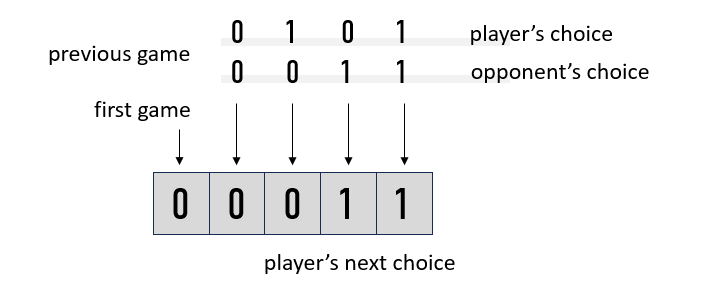Python is the dominant language for AI and data science applications, but it lacks the performance and low-level control needed to fully leverage GPU hardware. As a result, developers often rely on NVIDIA’s CUDA framework, which adds complexity and fragments the development stack.
Mojo is a new programming language designed to combine the simplicity of Python with the performance of C and the safety of Rust. It also aims to provide a vendor-independent approach to GPU programming. Mojo is being developed by Chris Lattner, a renowned systems engineer known for his seminal contributions to computer science, including LLVM, the Clang compiler, and the Swift programming language.
Chris is the CEO and Co-Founder of Modular AI, the company behind Mojo. In this episode, he joins the show to discuss his engineering journey and his current work on AI infrastructure and the Mojo language.
Kevin Ball or KBall, is the vice president of engineering at Mento and an independent coach for engineers and engineering leaders. He co-founded and served as CTO for two companies, founded the San Diego JavaScript meetup, and organizes the AI inaction discussion group through Latent Space.
Sponsors
This episode of Software Engineering Daily is brought to you by Capital One.
How does Capital One stack? It starts with applied research and leveraging data to build AI models. Their engineering teams use the power of the cloud and platform standardization and automation to embed AI solutions throughout the business. Real-time data at scale enables these proprietary AI solutions to help Capital One improve the financial lives of its customers. That’s technology at Capital One.
Learn more about how Capital One’s modern tech stack, data ecosystem, and application of AI/ML are central to the business by visiting www.capitalone.com/tech.
.png)






